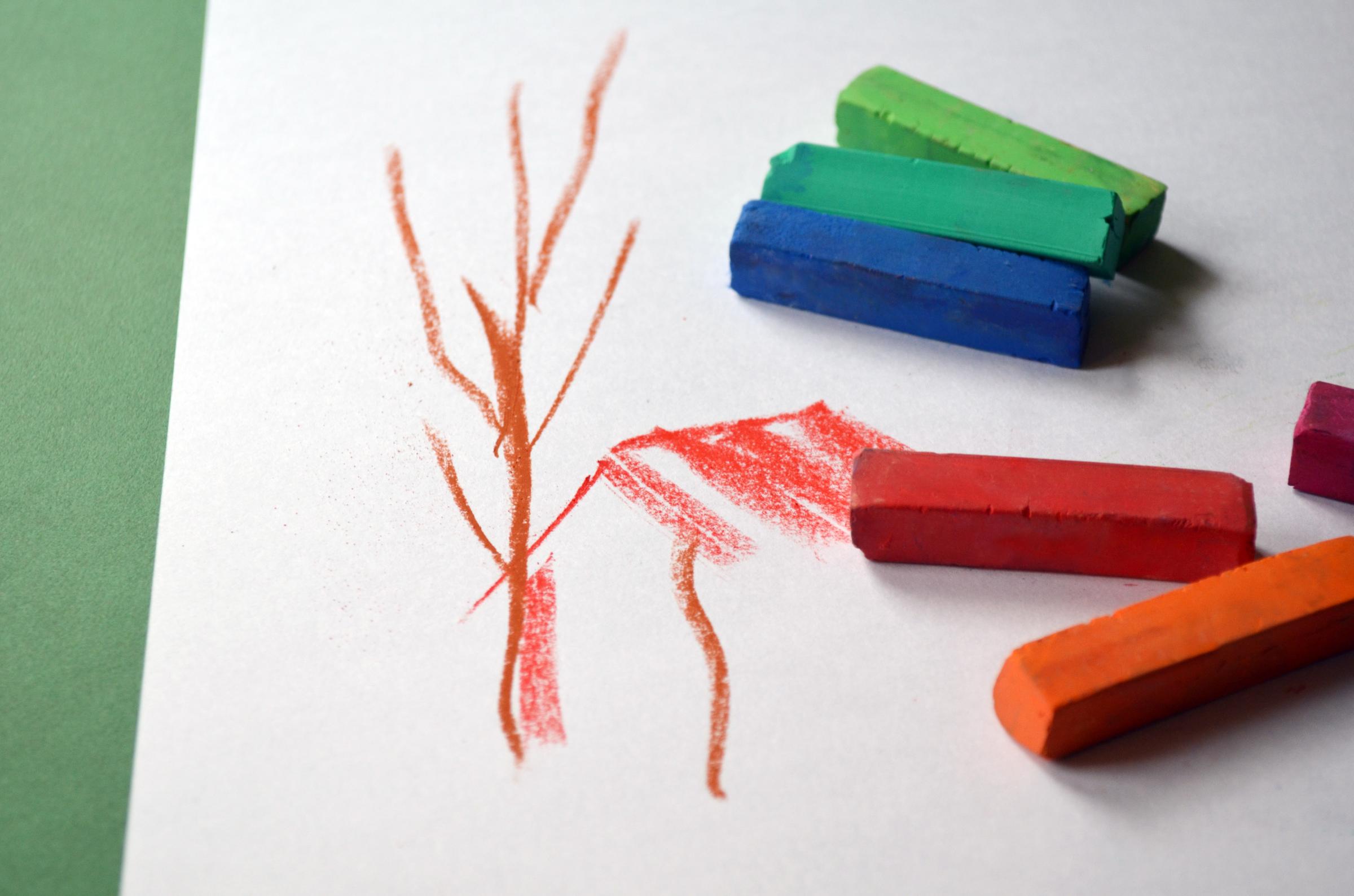Assistant Principal's news

Supporting Literacy Learning At Home
Often parents/carers ask me how they can support their child’s Literacy learning at home. Literacy involves listening, speaking, reading, writing and spelling. It is the ability to communicate thoughts and emotions, ideas and opinions and to make meaning from spoken and written messages.
A favourite saying of mine is, “Reading and Writing float on a sea of language.” Speaking and listening skills build the foundation for your child’s learning at school. These skills help a child to be able to talk with others, create friendships and actively participate in all activities at school. If you speak a language other than English at home it’s important you continue to support your child to use their home language.
Talking With Your Child
- Talk with your child about a range of topics, for example things that happen each day.
- Share stories from your culture, your own stories and your children’s stories.
- Describe or talk about things as they are happening. For example, “We are going to walk to school today and go past the park.”
- Listen to your child and encourage them to take turns. Show how to listen and interact in a conversation.
- When starting a conversation or when talking with your child ask questions that require more than a yes or no reply. For example, “What did you do at school today?”
- Use questions that start with how or why. For example, “How many birds do you see in the park?”
- When asking questions give your child time to answer.
- Make conversations fun. Make up funny or nonsense rhymes, talk and sing with your child.
Communicating a message
- Retell a story. Talk about what happened at the beginning, middle and end of the story.
- After reading, talk about the characters or your child's favourite part of the book.
- Share ideas on what might happen when going to an event like a celebration or going to school.
- After the event, talk about what happened and ask them to share their thoughts and feelings.
- Support your child to create their own story from their imagination. Ask questions such as, “What is the story about?” “Who is in the story?” “What happens in the story?”
- Teach your child their full name, address, age, birthday and phone number.
- After school ask your child how their day was and ask for more information, for example, "Why did you feel that way?"
Vocabulary Building
- Use describing words when talking. If your child says, “There’s a dog.” Add description such as, “That’s a small, fluffy, white dog.”
- Build on your child’s language by teaching them new words. If your child says “The house is big”, you could say “Yes, the house is large" or "The house is enormous".
- When reading with your child talk about the words used in books. Discuss together the meaning of the words. You might also like to find new, interesting words to talk about.
- Practise using new words in a sentence.
- Make labels for things around the house.
Providing everyday experiences such as trips to the park, museums, zoos, the beach etc creates a catalyst for discussion and in turn, builds vocabulary and world knowledge. The more experiences and vocabulary your child has, the better connections and knowledge they can bring to reading and writing at school.
